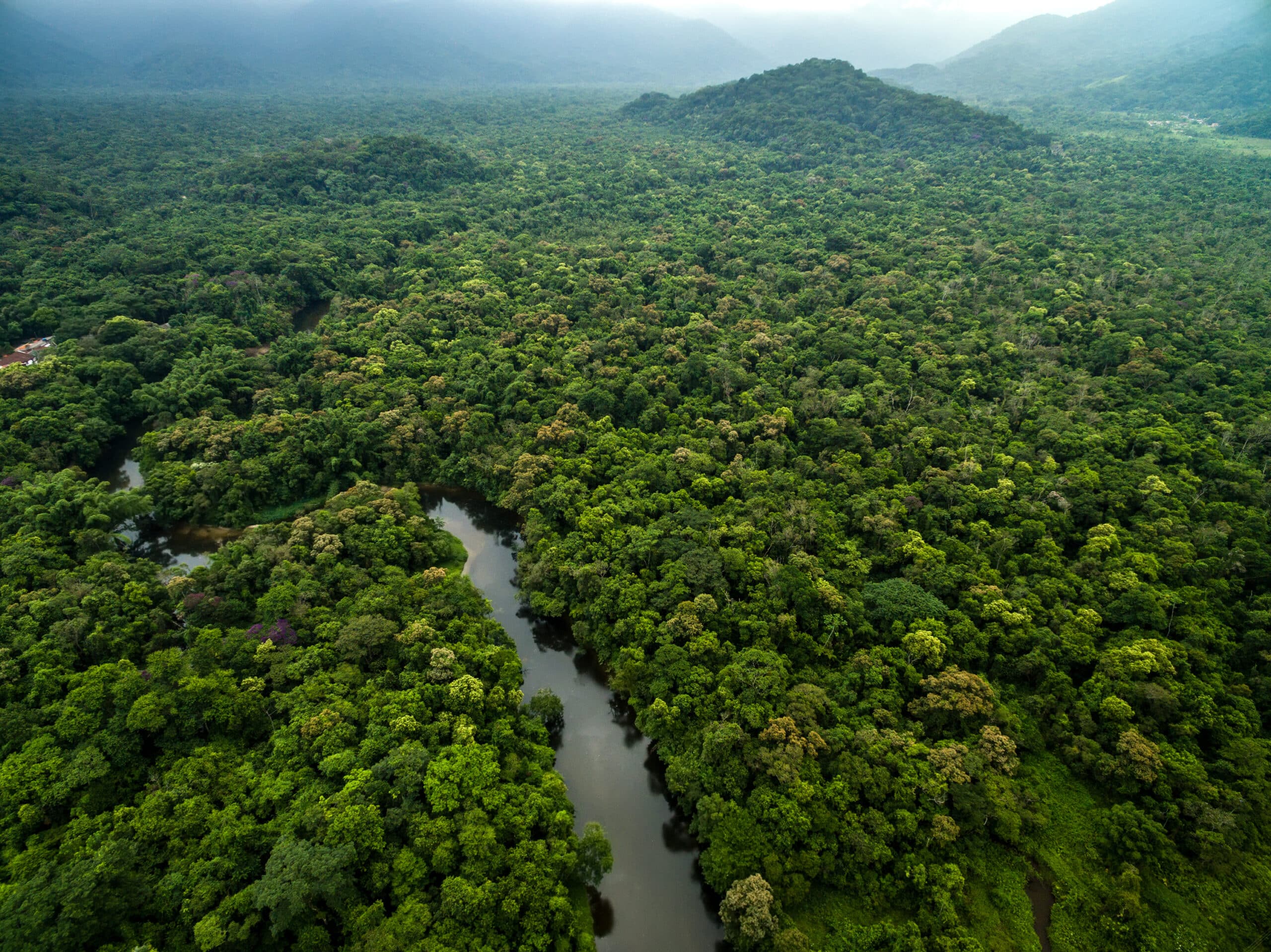
Deforestation Free Legislation
Deforestation Free Legislation
To catalyze a just, global transition towards economic sustainability, resilience and equity, we must reduce consumption in the over-consuming wealthy nations of the Global North. The United Nations Sustainable Development Goals (commonly known as the SDGs), make this a priority issue in calling for sustainable consumption and production patterns. But economic superpowers have failed to rise to the challenge.
Part of the consumption challenge can and must be met by reducing the sheer quantity of stuff society consumes. But a significant part of the challenge also lies in transforming global demand for the most unsustainable goods.
Across the world, governments spend an estimated $13 trillion annually — one-sixth of global GDP — on the procurement of goods. What if this money were to be directed towards driving sustainability? What if governments used their purchasing power to transform the way goods are produced – to make it more sustainable and ethical? And what if governments were to use their power to ban imports of products tied to the most egregious acts of environmental harm, including illegal deforestation and violence against Indigenous communities.
State-level procurement legislation is a powerful pathway to drive transparency, traceability, and accountability in global supply chains. In previous attempts, bills in New York and California would have required all companies providing the states with products containing tropical “forest-risk” commodities like palm oil, paper pulp, tropical timber, rubber, cattle and soybeans to demonstrate that their production has not contributed to deforestation or intact forest degradation in the tropics. Covered companies would have to establish strict standards to protect forests and biodiversity, reduce emissions from plantations, and respect the rights of Indigenous Peoples whose lands are considered for plantation development. Companies would be required to provide precise details about the source of forest-risk commodities found in products that may be sold to the state—down to the plot of land they are grown on. To support implementation and manage costs of compliance, states could rely on a robust and growing industry devoted to supply chain traceability and supplier due diligence, and the support of global civil society groups dedicated to making public procurement a key piece of a just transition to a climate-safe future. All that is lacking is political will.
Imagine if that $13 trillion that the world’s governments spend on procurement were to be invested in deforestation free purchasing. It would, quite literally, change the world.
Media
Ways to Support Our Work

Read Latest News
Stay informed and inspired. Read our latest press releases to see how we’re making a difference for the planet.

See Our Impact
See the real wins your support made possible. Read about the campaign wins we’ve fought for and won together.

Donate Today
Help power change. It takes support from environmental champions like you to build a more healthy and just world.


